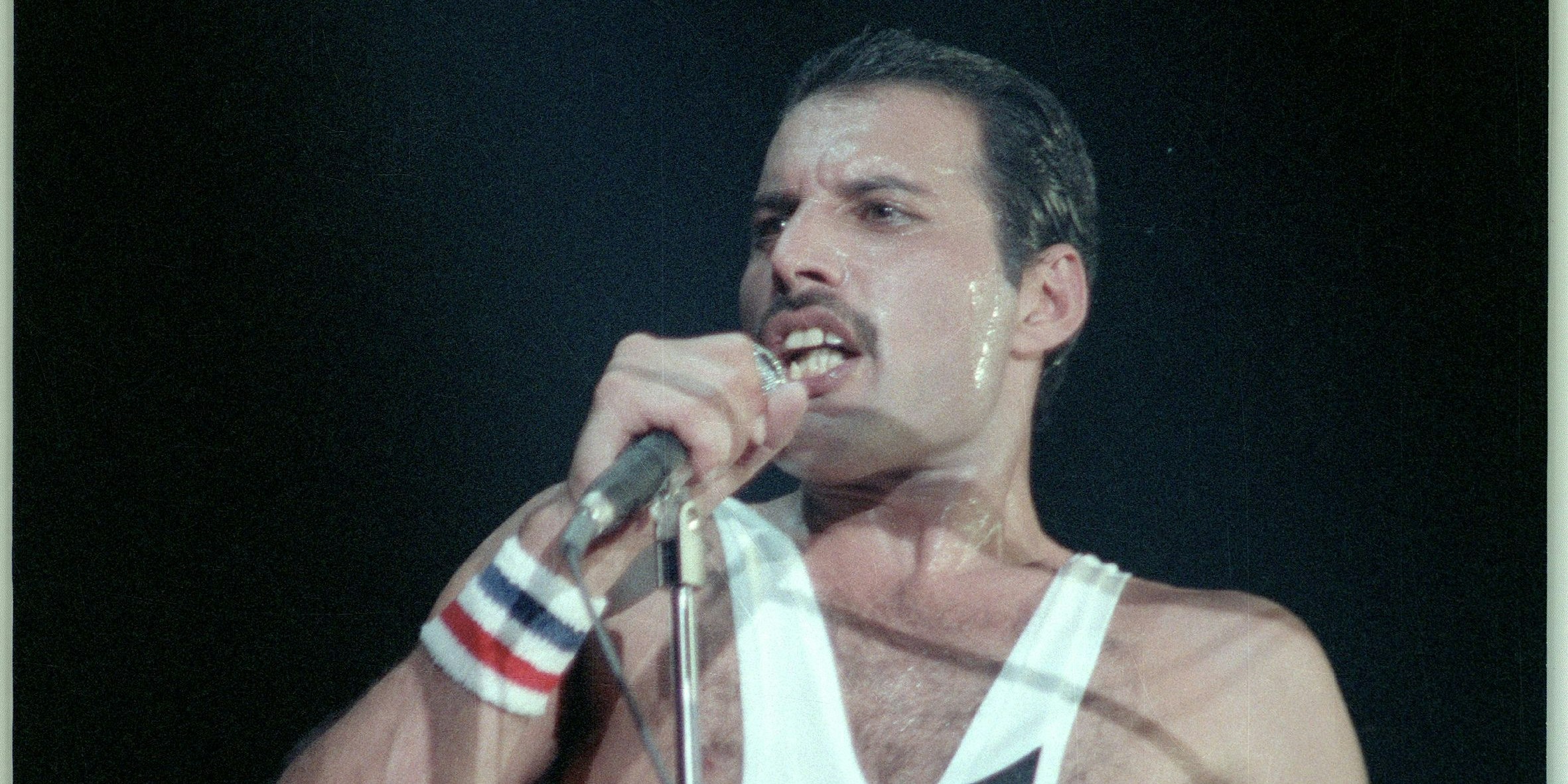Your favorite country artist just pulled the ultimate plot twist—and it’s got nothing to do with chord progressions. Riley Green’s mustache vanished from his face faster than a viral TikTok sound disappears from your For You page. The Alabama native’s facial hair had become as recognizable as his voice, transforming from simple grooming choice into full-blown cultural phenomenon.
Green built his reputation on authenticity and blue-collar relatability, climbing from regional honky-tonks to headlining major festivals. His 2018 breakout hit “There Was This Girl” established him as country music’s next generation, but that mustache—affectionately dubbed “The Conquistador” by devoted fans—cemented his visual identity alongside chart-toppers like “I Wish Grandpas Never Died” and “If It Wasn’t for Trucks.”
The Strategic Reveal
The bombshell dropped on Instagram with typical Green swagger: “Never let them know your next move” paired with the hashtag #shegone. That single post sent shockwaves through country music circles like a surprise key change in the bridge of your favorite song.
Timing matters in music, and Green’s reveal couldn’t have been more calculated. Fresh off his biggest career year, his duet with Ella Langley, “You Look Like You Love Me,” swept the 2025 ACM Awards, claiming Single of the Year, Music Event of the Year, and Visual Media of the Year. Langley even claimed credit for preserving the mustache during their Western-themed music video, making its subsequent disappearance feel like the final note of a perfectly orchestrated performance.
Your attachment to his signature look wasn’t accidental. Since 2021, that mustache represented authenticity in an industry where image often feels manufactured. Green understood this power, even joking in late 2024 interviews that his facial hair helped him “hide a lot of emotions.” For fans who connected his rugged outdoorsman persona to his musical storytelling, the mustache wasn’t just grooming—it was part of the narrative.
Fan Reactions Split the Difference
The internet responded with the intensity of a sold-out stadium during an encore. Thousands of comments flooded his social media, creating a fascinating split between mourning fans and those celebrating his fresh appearance. Some declared him “unrecognizable” while others praised the transformation as “much better.”
Your reaction probably depends on how deeply that mustache connected to your perception of Green’s musical identity. Comments ranged from heartbroken (“I don’t know this man anymore”) to supportive (“Still sexy without it”) to humorous memes comparing before-and-after photos.
The Bigger Picture
Green’s transformation joins the ranks of signature style changes that define country hair music moments—think Morgan Wallen’s mullet or the evolution of Keith Whitley’s cowboy hat. These aren’t random fashion choices; they’re strategic brand decisions that artists use to signal artistic evolution or maintain cultural relevance. Just as bands like The Who transformed by a name change, today’s country stars understand that reinvention—whether through name or image—can redefine entire careers.
What makes Green’s move particularly savvy is its timing. By shaving his most recognizable feature during peak career momentum, he reset visual expectations while maintaining his core musical identity. Your favorite artists understand that personal branding extends far beyond music—it encompasses every element that fans use to connect emotionally with their work.
The move demonstrates sophisticated understanding of fan psychology and social media virality. In an era where artists compete for attention spans shorter than a commercial break, Green proved that sometimes the smallest changes create the biggest conversations. Unlike artists who’ve sabotaged their success with poorly timed reinventions or radical image shifts, Green’s calculated mustache removal shows how smart timing can amplify rather than alienate your fanbase. His clean-shaven face doesn’t change his songwriting ability, but it definitely changes how you’ll perceive his next album cover.
Whether this signals broader artistic evolution or simply reflects personal preference, Green mastered the art of keeping fans invested in his journey. Your relationship with his music remains unchanged, but your Instagram feed will never look quite the same.


























